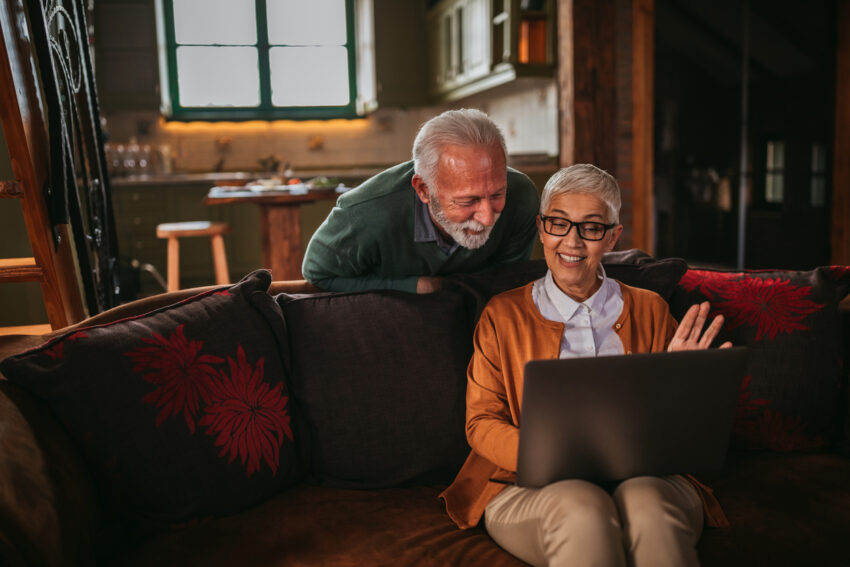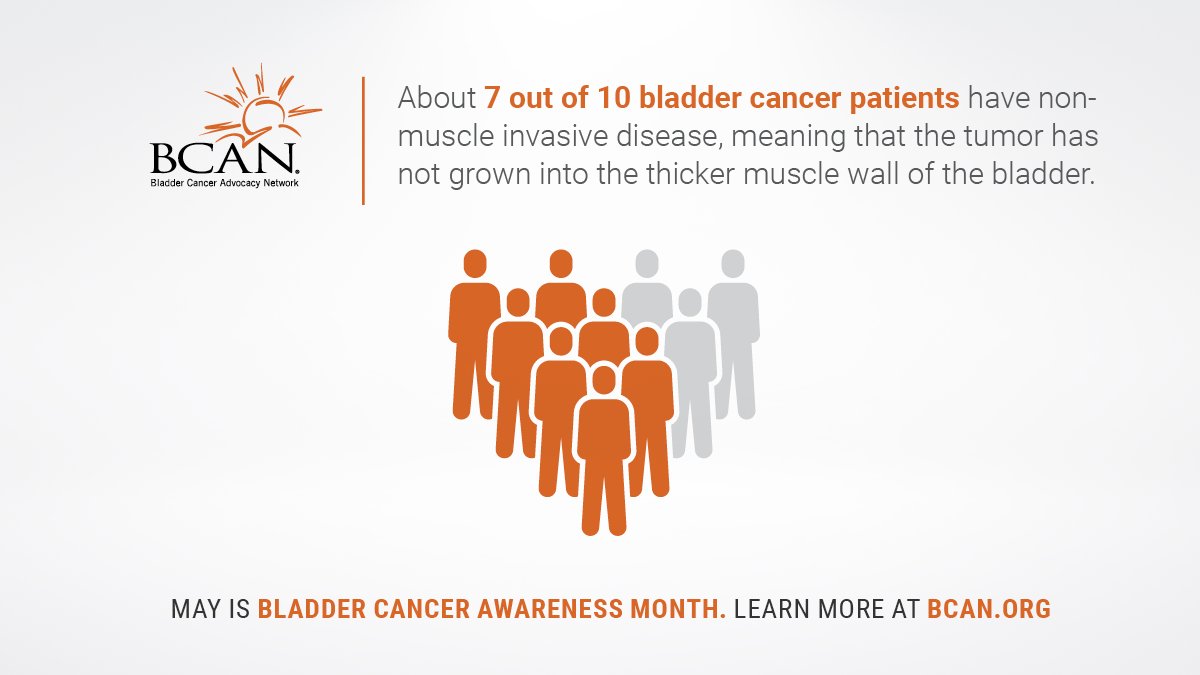
Share On Social!
Every year, more than 82,000 people are diagnosed with bladder cancer.
Making up 5% of all cancers, bladder cancer also is the 6th most common cancer. Latinos have lower risk for bladder cancer but worse outcomes.
Have you or someone in your family recently been diagnosed and aren’t sure where to start?
Check out the following helpful resources from the Bladder Cancer Advocacy Network (BCAN).
1. Bladder Cancer Support Line (Bilingual)
BCAN’s Bladder Cancer Support Line offers support by connecting patients with professional oncology social workers.
“The call center’s staff will address the emotional, practical and informational needs of the bladder cancer community including those who have lost loved ones to the disease,” according to BCAN.
The support line is open to bladder cancer patients, family members, caregivers and those who have lost someone to bladder cancer.
Assistance is available in English and Spanish. Trained staff are available from Monday through Thursday between 10 a.m. – 6 p.m. ET and Friday 10 a.m. – 5 p.m. ET.
2. Bladder Cancer Survivor 2 Survivor Program
The Survivor 2 Survivor (S2S) program connects newly diagnosed bladder cancer patients and caregivers with survivors and co-survivors.
“This program matches bladder cancer patients with trained volunteers who offer a sympathetic ear and share their own experiences as well as insight about their own bladder cancer diagnosis, treatment and survivorship,” according to BCAN.
Those interested in matching through S2S can call 301-215-9099 and leave a message in the general mailbox or email survivor@bcan.org.
Individuals who want to volunteer to be a mentor for someone in the S2S program can email survivor@bcan.org with the subject line: Survivor to Survivor Volunteer.
3. Bladder Cancer Support Groups
Looking for a support group in your area?
BCAN offers a list of in-person support groups throughout the United States.
They also have an online support group through Inspire, providing a multitude of information and resources for patients, families, caregivers and more.
4. Bladder Cancer Handbook, Tools, and Tips (Bilingual)
BCAN also provides bladder cancer tools and tips for several groups:
BCAN’s Bladder Cancer Basics Handbook is available for patients and healthcare professionals.
“The handbook offers a variety of information about the disease including the types of tests used to diagnose bladder cancer,” according to BCAN.
The handbook is available for free download in English and Spanish.
Healthcare professionals can also request bulk orders.
“Learn as much as you can about your condition and options for treatment. The more you know, the better you’ll feel about taking charge of your treatment and your life,” according to BCAN.
6. Bladder Cancer Podcast, Videos, Webinars
BCAN also offers the Bladder Cancer Matters Podcast.
Also, these animated videos focus on different topics related to bladder cancer:
- What is a biopsy?
- What is bladder preservation?
- What is a cystoscopy?
- How is advanced bladder cancer treated?
- The complete list of animated videos is here
Patients and those interested in learning more can also join webinars that the BCAN hosts on a variety of topics related to bladder cancer.
Find archived webinars and expert videos on BCAN’s website.
7. Bladder Cancer Clinical Trials
The Bladder Cancer Advocacy Network highlights open clinical trials for patients to consider.
For example, if you have a history of bladder cancer, you can join a Texas clinical trial to help researchers learn new ways to prevent bladder cancer relapse.

Participation in clinical trials by Latinos and other people of color is critical, said Dr. Ramirez, leader of Salud America! at UT Health San Antonio.
“Latinos in clinical trials are not only helping themselves, but they are also building a future with better treatments that can help their families and communities in the future,” Ramirez said.
Dr. Ramirez is sharing stories of Latinos who’ve joined a clinical trial and uplifting open clinical trials, with support from Genentech, a member of the Roche Group.
Looking for a clinical trial that best fits you or someone in your family?
Search open clinical trials on the Salud America! clinical trials page.
Latinos and Bladder Cancer
These resources and clinical trial opportunities are important for Latinos, who have lower bladder cancer survival rates than their peers.
“The five-year bladder cancer relative survival rate percentage was lower in U.S. Latinos compared to their White peers, (70.2% vs. 76.4%), Texas Latinos compared to their White peers (70.1% vs. 74.9%), and l South Texas Latinos compared to their White peers (68.8% vs. 75.2%),” according to a 2020 UT Health San Antonio study.
Latino cancer disparities stem from the many systemic inequities, including lower income, lack of insurance, and lack of access to health care.
Latinos also often face systemic barriers to healthy eating and physical activity.
“The combination of fruit and vegetable consumption, processed meat consumption, smoking, and physical activity showed that up to 81.8% of the BC cases, among those with non-optimal lifestyle behaviors, could be prevented through lifestyle modifications,” Salud America! resource.
Find Health Equity Issues in Your Community
The good news is you can help fight health inequities.
Select your county and get a Health Equity Report Card by Salud America! at UT Health San Antonio.
In your report card, you will see maps, data, and gauges to compare health equity issues, such as cancer rates and healthcare access, to the rest of your state and nation.
You can email your Health Equity Report Card to local leaders to stimulate community change.
Use the data in your materials or share on social media to raise awareness.
By The Numbers
142
Percent
Expected rise in Latino cancer cases in coming years



